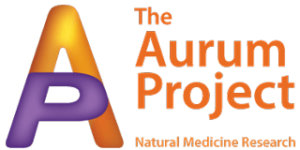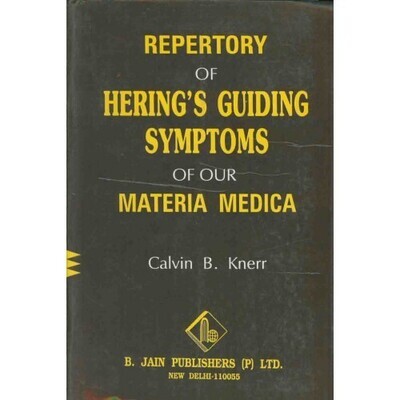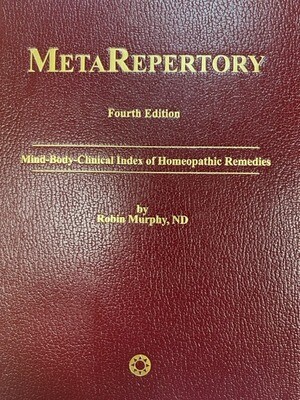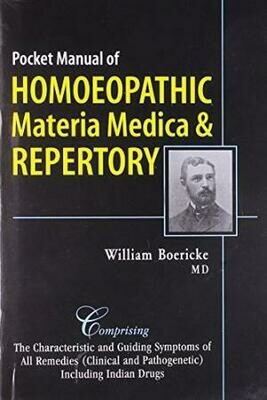The Aurum Project Homeopathy & Natural Health Book Barn
Book Search
Postage
Orders above 5kg or International may incur an extra charge and we will contact you.
Refunds, Terms and Conditions and Privacy Policy click HERE
Practice makes perfect: Practice book for the repertory* (Pasma)
Practice makes perfect: Practice book for the repertory* (Pasma)
HIGHLY RECOMMENDED AS A REPERTORY WORKBOOK.
Contains 42 invaluable exercises that teach a systemic and thorough approach, so removing guesswork and chance. Much thought has gone into this work of love.
From the publisher:
A qualified, classically working homeopath with many years of experience, will still consult the repertory for the majority of acute and chronic cases. Hahnemann already felt the need for a repertory and was the first homeopath to compile one. It was written in Latin and titled Fragmenta de viribus medicamentorum positivis, sine in sano corpore observativis (published in 1805).
To become a successful homeopath it is essential, besides acquiring good philosophy and materia medica knowledge, to spend plenty of time studying the repertory in detail. You will find that, after having done these 42 series of exercises in a sincere way and reading the additional explanatory information about the repertory structure given throughout the answers, the repertory will have become your great assistant and true friend.
Arjen Pasma has been teaching how to use the homeopathic repertory in The Netherlands and several other European countries for about 25 years. More recently he has been teaching in Kenya and Malawi. At several colleges in The Netherlands the question-series from this book are done over a period of two or three years, during classes and as homework.
Deep study of the repertory helps a lot because people today do not speak in the same language of the early 1800s, and that is the language most of the great provings were written in. Somehow the homeopath must navigate a way through this material and find the best match between the symptoms of the sick person and the symptom data of the provings. Repertories provide the means to do this. Thus, to become a good homeopath it is necessary to become profoundly familiar with the provings data. It is generally agreed that the only way to do this is by exhaustive and detailed use of the repertory and continuous study of its contents.
Hardback 541 pages








